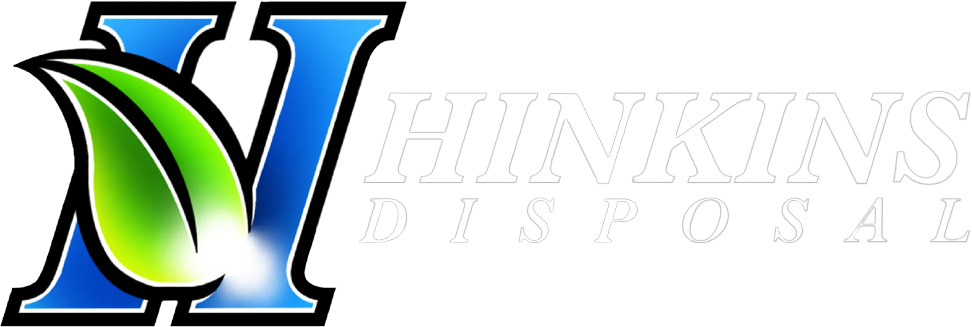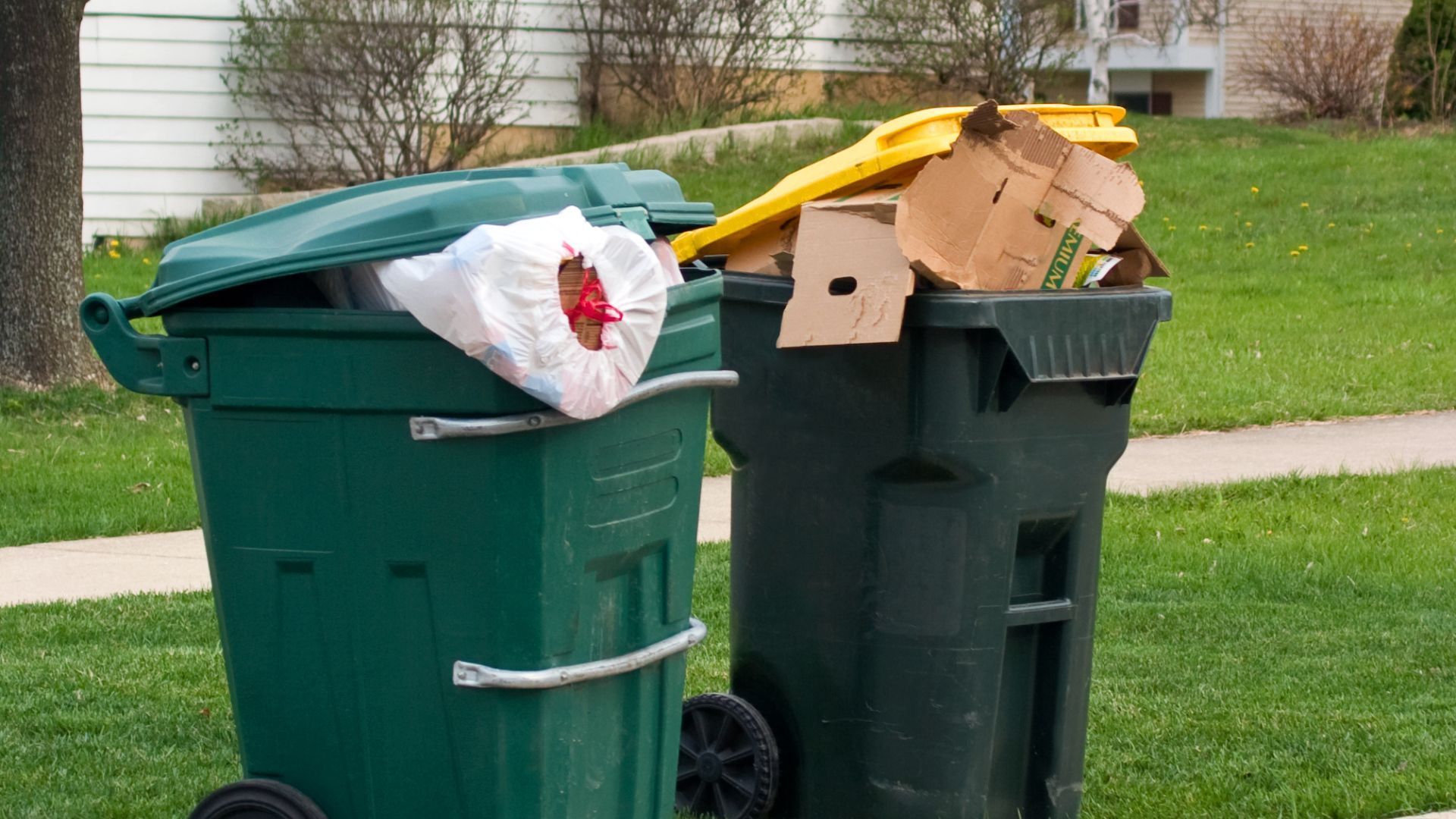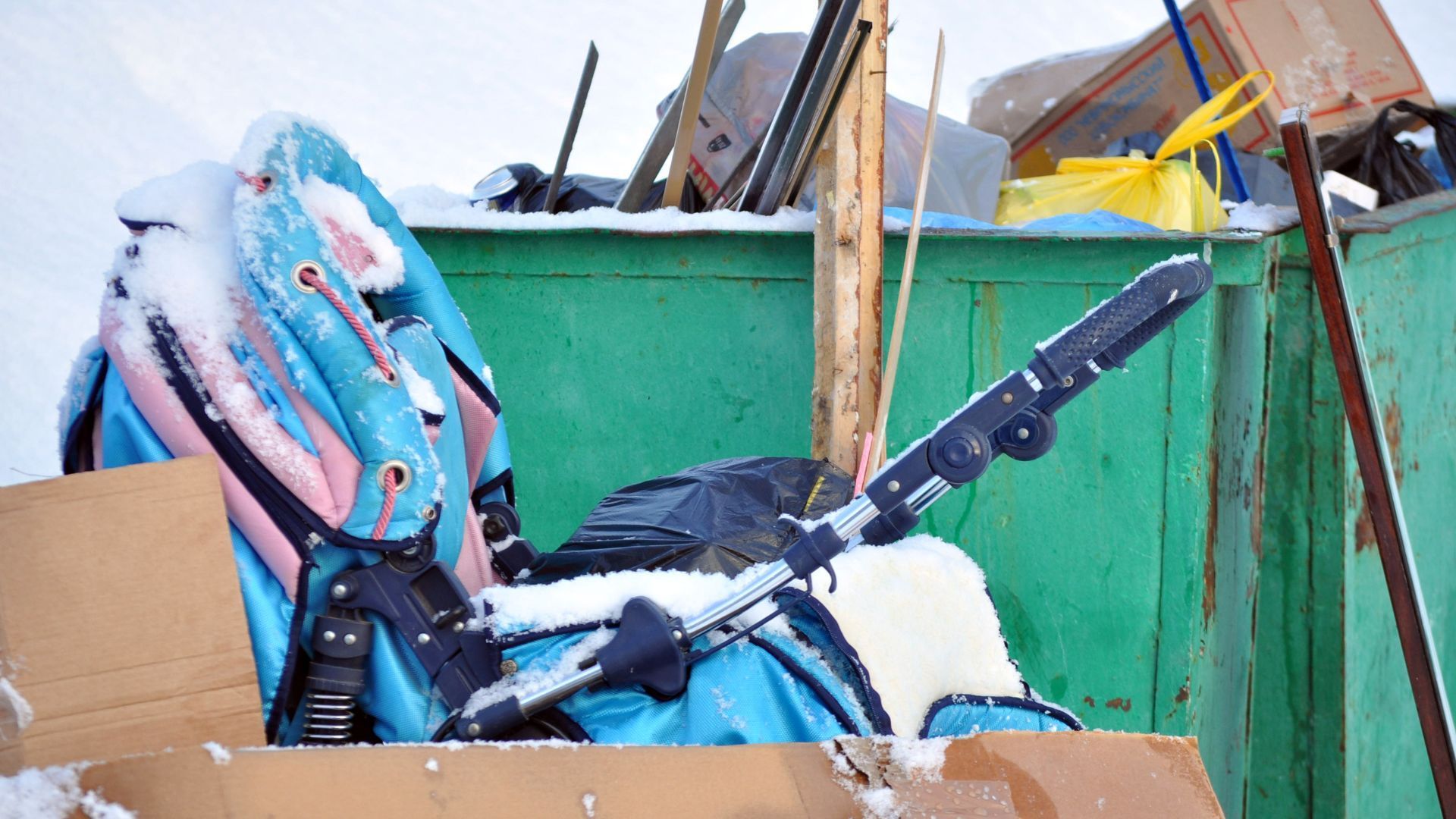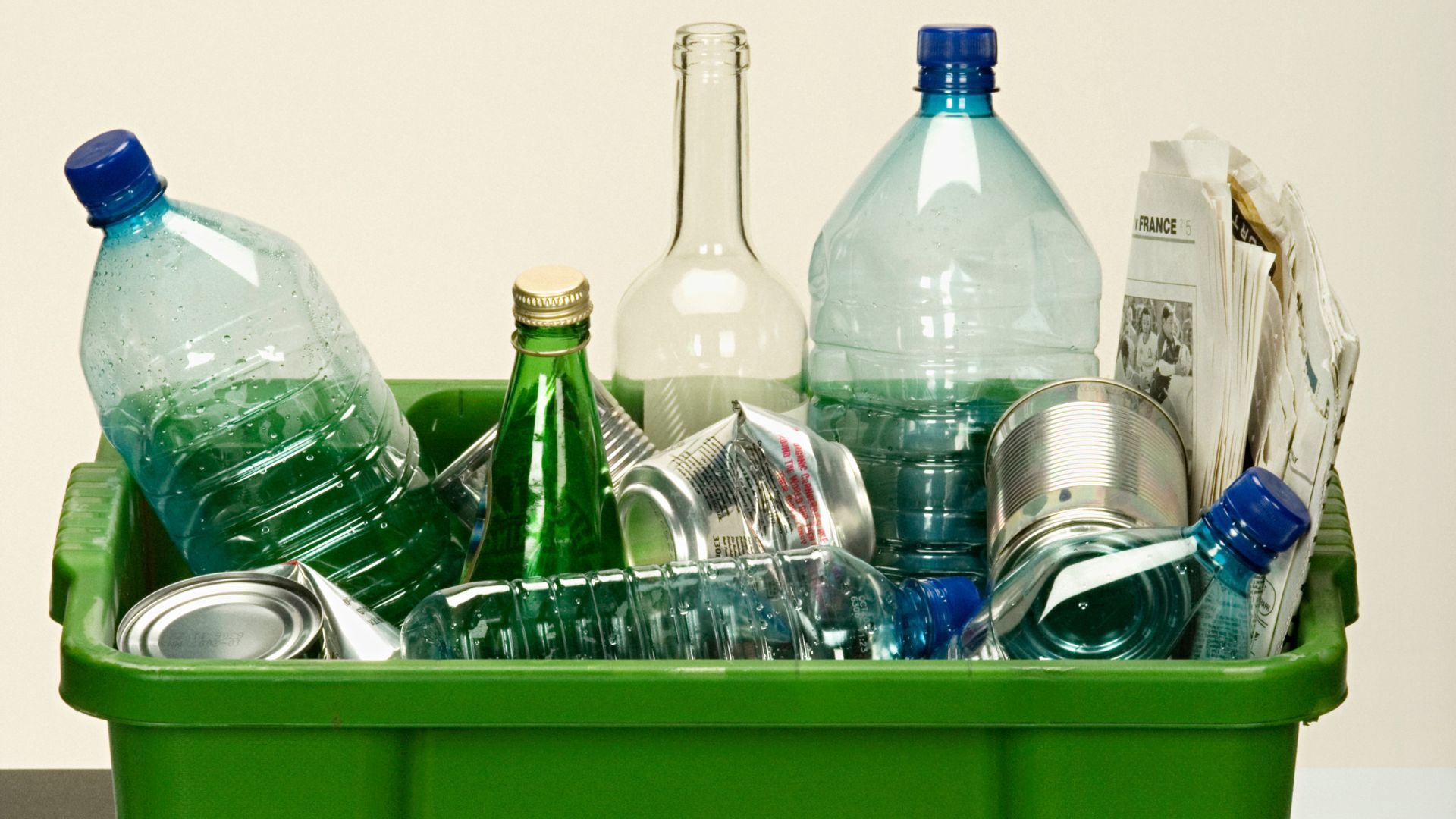Drywall Removal Augusta: How to Manage Waste Efficiently
Junk removal Augusta professionals often encounter drywall as one of the most common forms of construction debris. Whether it’s a renovation, remodeling, or a full-scale demolition, dealing with old gypsum panels is inevitable. While drywall may appear harmless, improper disposal can lead to environmental hazards and regulatory consequences.
That’s why understanding the intricacies of drywall removal Augusta residents face is critical—not just for compliance, but for safety and sustainability. This guide dives deep into the best practices of managing drywall waste efficiently. We’ll explore not only what makes drywall disposal unique but also how property owners and contractors in Augusta can streamline their efforts while adhering to waste management regulations. From tear-down techniques to hauling logistics, expect a thorough walkthrough tailored to local expectations. Let’s demystify the drywall dilemma one layer at a time.
Why Drywall Removal Augusta Requires Specialized Attention
Drywall may seem like a simple material, but it’s layered with complexity. Composed primarily of gypsum—a soft sulfate mineral—drywall is both delicate and dusty when disrupted. What makes drywall removal Augusta situations particularly challenging is the volume it generates. One wall might seem minor until you realize how much of it ends up in bags or bins after demolition. The weight adds up quickly, and the dust becomes a breathing hazard if not handled correctly. Beyond safety, Augusta’s waste management infrastructure has guidelines regarding recyclable materials.
Some gypsum can be reused, but most contractors skip this step due to time constraints. However, ignoring recycling options leads to overburdened landfills and missed opportunities for sustainability. Add in mold issues or asbestos in older panels, and you’ve got more than just a physical removal process. You’ve got a disposal puzzle that requires foresight, planning, and precision.
Understanding Waste Classification in Drywall Removal Augusta
When dealing with drywall, not all waste is treated equally. Augusta has specific regulations for construction and demolition (C&D) debris, and drywall falls squarely into this category. Sorting this material before it reaches disposal centers is not only encouraged—it’s expected. During drywall removal Augusta property owners must distinguish between clean, recyclable drywall and contaminated panels. “Clean” means the drywall is free from paint, adhesives, nails, mold, or moisture damage.
On the other hand, “contaminated” drywall must be handled with care and disposed of properly to avoid violations. The logistics of sorting this waste in real time are often underestimated. A lack of planning at the beginning can turn into a compliance nightmare. Understanding local waste classifications empowers homeowners and contractors alike to pre-sort, organize, and direct waste to the correct endpoints without incurring penalties or causing harm.
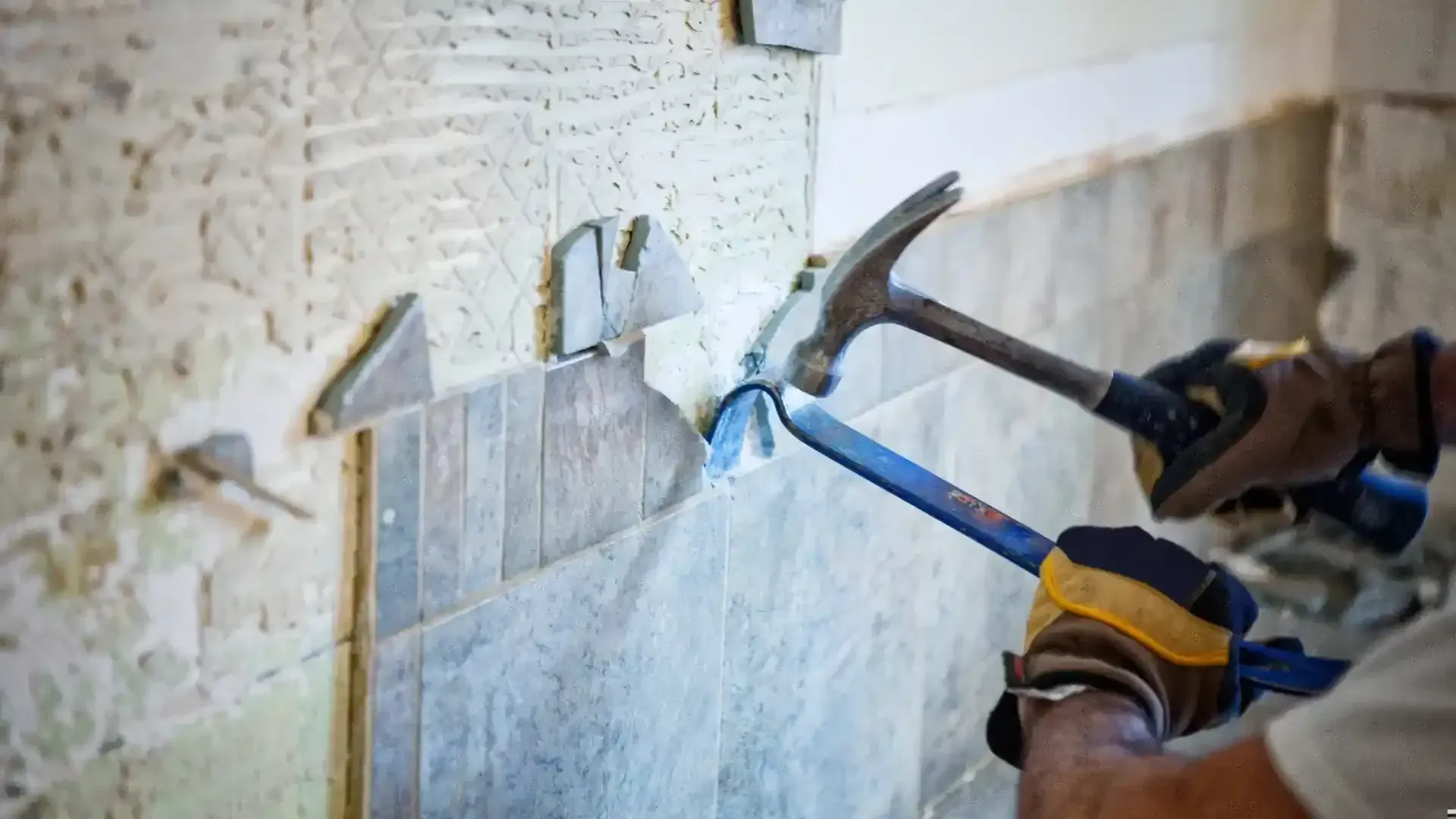
Efficient Site Preparation Before Starting Drywall Removal Augusta Projects
Site preparation is the unsung hero of any successful drywall removal Augusta effort. Without prepping the area, chaos quickly ensues—dust everywhere, trip hazards, and miscommunication between workers. The key is to create a controlled demolition zone. This means protecting flooring, sealing vents to prevent drywall dust from circulating, and ensuring tools and bins are readily accessible. Covering airways isn’t just about cleanliness; it’s about health.
Drywall dust contains fine particulates that can irritate the lungs. Proper preparation also involves scheduling—avoiding high-traffic hours and coordinating removal around structural requirements. It’s strategic chaos, managed down to the minute. For those handling drywall removal in commercial spaces or multi-unit housing, additional planning must include noise control and tenant coordination. The more time you invest in preparation, the smoother and safer the operation. Don’t let haste compromise your health, efficiency, or compliance.
Tools of the Trade in Drywall Removal Augusta Workflows
Let’s talk about equipment—because swinging a hammer is only part of the story. Drywall removal Augusta projects demand a specific arsenal. A utility knife slices through the surface layer with precision, while pry bars remove panels cleanly from studs. Drywall saws help cut through tight corners without damaging adjacent materials. Respirators and goggles are non-negotiables for anyone working in dusty environments, especially in enclosed Augusta spaces where ventilation may be limited.
But the real MVP? Dust containment systems. Vacuum attachments designed for fine particles, HEPA-filtered extractors, and sealed containers ensure minimal airborne contamination. For large-scale removals, dumpsters are critical—but not just any dumpster. Augusta regulations may require covered bins to avoid illegal dumping or airborne debris on public property. The right tools not only speed up the job but ensure the health and legal safety of everyone involved. It’s craftsmanship, not chaos, when done correctly.
Handling Drywall Dust and Debris in Augusta
Drywall removal Augusta projects can quickly turn any space into a dust-filled zone, with fine gypsum particles settling on every surface imaginable. This dust isn’t just an unsightly mess—it poses real health concerns. When inhaled, drywall dust can irritate the respiratory system, especially for those with asthma or allergies. It also affects the eyes and skin and can linger long after the project ends if not addressed properly. Controlling dust begins with effective containment. Plastic sheeting over doorways and vents helps stop its spread, while sealing off HVAC systems prevents circulation throughout the building.
During demolition, using a shop vac fitted with a HEPA filter right at the source helps capture dust before it becomes airborne. Regular cleanups are crucial. Daily routines should include damp mopping, wiping down surfaces, and vacuuming with HEPA-filter vacuums. These steps prevent dust from embedding in flooring and ductwork. In Augusta’s humid environment, this dust can mix with moisture, creating a stubborn residue that’s much harder to remove. Handling drywall dust proactively safeguards both worker health and the long-term cleanliness of the property.
Recycling Opportunities for Drywall Removal Augusta Debris
Did you know drywall has a second life? It’s true. After drywall removal Augusta jobs are completed, not all panels have to end up in a landfill. Clean drywall can be recycled into new gypsum boards or even used as a soil amendment in agriculture. The calcium sulfate in drywall enhances soil quality by reducing acidity. Recycling, however, isn’t as simple as tossing it in a green bin. It requires separation from nails, screws, insulation, and paint.
Augusta has local recycling centers that accept gypsum waste, but transportation and processing fees may apply. Partnering with a removal service that already has relationships with recyclers can streamline the process. While not every project will yield recyclable drywall, even partial diversion from the waste stream contributes to sustainability goals. Consider it a small investment with a big environmental return.
Navigating Augusta Regulations in Drywall Removal Projects
Local ordinances don’t exist to frustrate—they exist to protect. That’s especially true in drywall removal Augusta activities. Contractors and property owners must comply with city rules regarding waste separation, transport, and disposal. Permits may be required for large-scale demolition. Additionally, Augusta enforces rules on asbestos handling. While modern drywall rarely contains asbestos, older buildings—especially pre-1980—pose a significant risk.
Testing and certified removal are necessary in such cases. Failure to comply can lead to costly fines and halted projects. Transporting drywall to an unauthorized dump site is another violation that can land you in hot water. Hiring licensed, insured removal professionals helps avoid these pitfalls. Understanding Augusta’s waste disposal guidelines isn’t just a legal issue—it’s a moral one. Doing things by the book protects not just your property, but your community and environment.
Coordinating Drywall Removal Augusta with Other Waste Streams
A clean job site is an efficient job site, especially when multiple types of waste are involved. Drywall rarely travels alone. It’s usually accompanied by insulation, wiring, wood studs, and tile. During drywall removal Augusta teams often juggle several disposal categories simultaneously. Mixing materials can lead to confusion at recycling centers and delays in waste pickup. That’s why effective coordination matters. Pre-label bins or dumpster zones for each type of waste.
Assign roles to team members responsible for sorting materials on the fly. If working with a professional junk removal service, communicate clearly what materials are expected and in what volume. Efficient coordination reduces double-handling, speeds up cleanup, and lowers the cost of disposal. Think of it like air traffic control—but for waste. Everyone needs to know what’s coming, where it’s going, and when it needs to land.
Commercial vs. Residential Drywall Removal in Augusta
The scale changes everything. Residential drywall removal Augusta jobs are typically limited to one or two rooms, maybe a basement remodel. In contrast, commercial removals might involve several floors of partition walls or entire suites being reconfigured. The challenges are different. In residential spaces, preserving personal belongings and minimizing disruption to daily life takes priority.
Commercial jobs focus on speed, volume, and adherence to strict deadlines—often aligned with lease turnover or business hours. Access also varies. Homes may have tight driveways or limited dumpster space, while commercial properties might have service elevators and designated waste docks. Both scenarios require unique planning, tools, and logistics. Knowing the differences can save thousands in missteps or time lost. Choose a drywall removal Augusta strategy that’s tailored not just to the material—but to the space it occupies.
Conclusion
Whether you're clearing space for a renovation or demolishing outdated interiors, drywall removal is no minor undertaking. Efficient drywall removal Augusta operations hinge on preparation, regulatory awareness, dust control, proper equipment, and eco-conscious disposal.
When handled correctly, it’s a process that protects both property value and the planet. If you're looking to streamline the process, reduce risk, and stay compliant with local guidelines, you need a partner who knows Augusta inside out. That’s where Hinkins Disposal LLC comes in. Located at 246 Robert C Daniel Jr Pkwy #1441, Augusta, GA 30909, United States, they bring years of expertise, reliable equipment, and a commitment to responsible waste management. Contact them at +1 706-885-4032 or email Hinkinsdisposal@gmail.com to make drywall removal one less thing to worry about.
